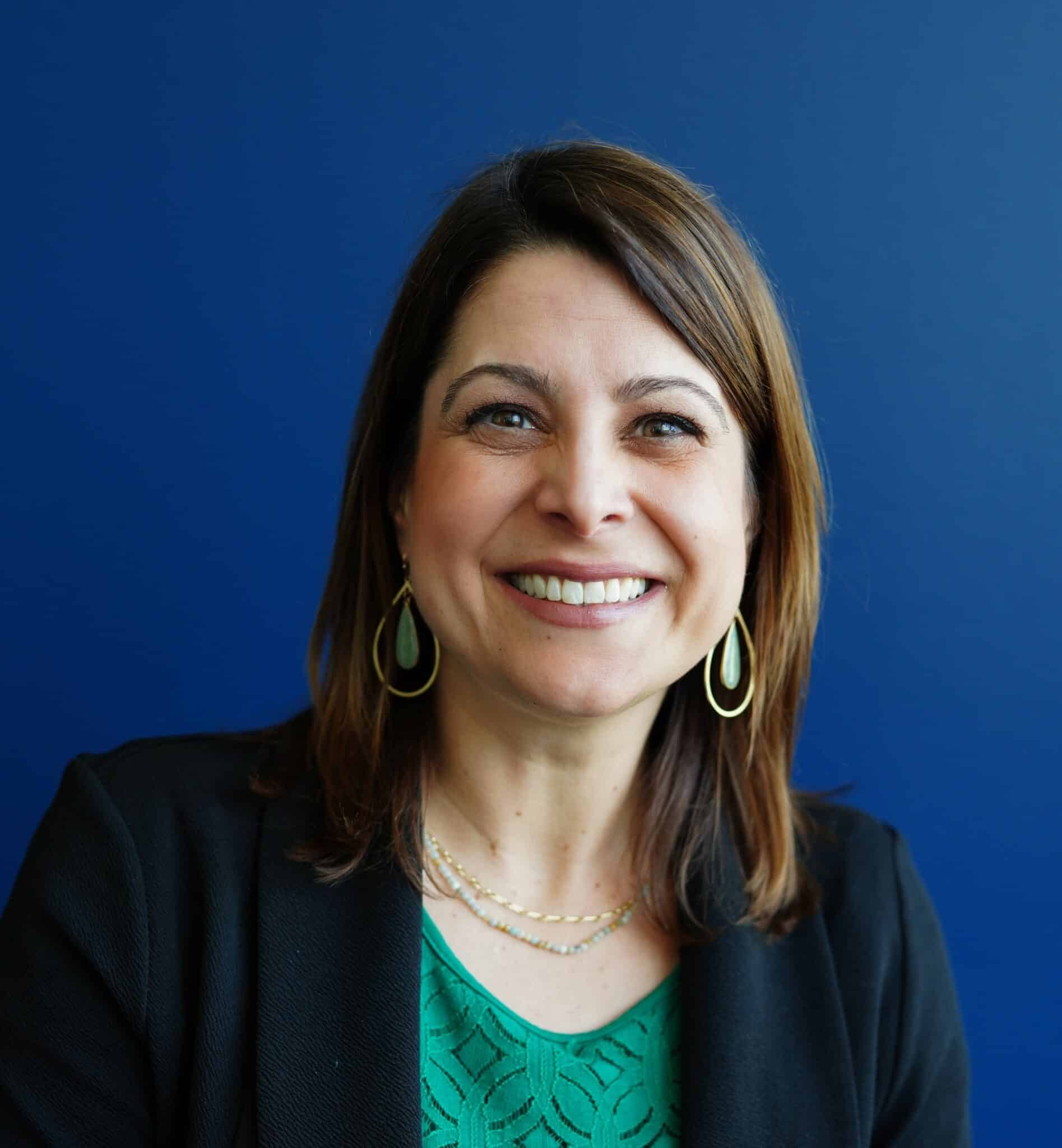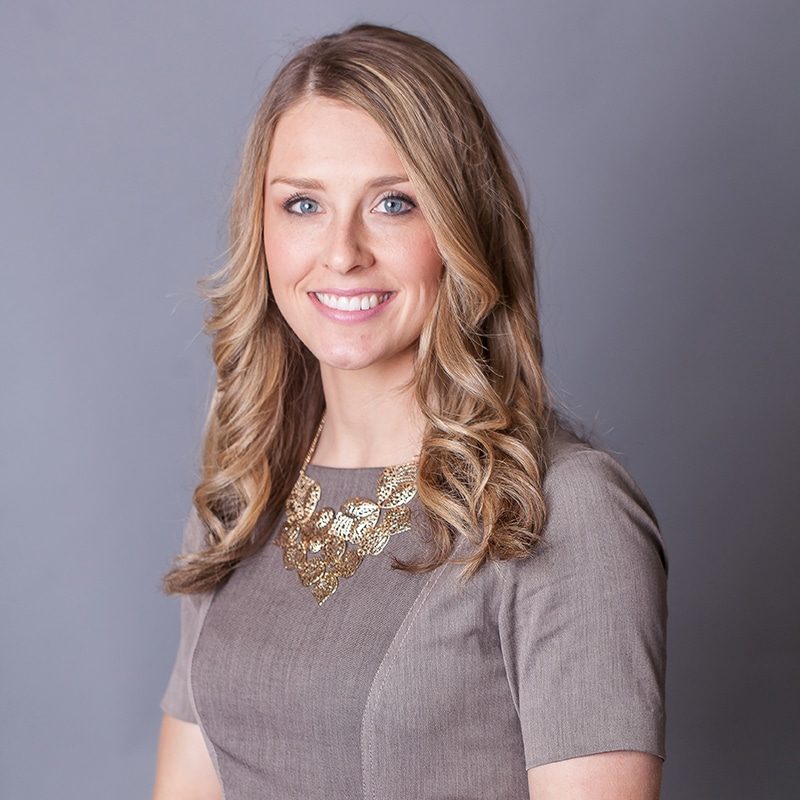Succession Planning Essentials: Developing High Potential Leaders in a Post-Covid Era

When leaders embark on the journey of succession planning, they often find themselves wishing for a crystal ball. The year 2020, with its unforeseen events and their lingering effects, is a testament to this. Leaders are still grappling with the aftermath of The Great Resignation, the rapid emergence of new technologies, economic pressures, and other unforeseen challenges. Amidst these, leaders are also entrusted with the crucial task of identifying and grooming the next generation of leaders for success.
In the wake of 2020, when women and minorities left the workforce in alarming numbers, the importance of succession planning and rebuilding talent pipelines became more evident than ever. However, one area that often goes unnoticed is the significance of formal leadership development programs, which have been proven to enhance employee retention.
Leadership development programs require a significant investment in time and resources. To maximize the return, what makes a high-impact, high-quality program?
- Dedicated time for reflection. Choose programs that force participants to physically leave the office (home or corporate). Allow time away from daily operations to revisit purpose and legacy. Goal setting is equally essential to guided reflection. Encourage accountability by outlining short- and long-term milestones and requesting participant progress updates.
- Measurable Deliverables. Quality programs can be measured subjectively and objectively. Leaders should leave feeling inspired to adapt their behavior. Organizations should see progress. 360 Feedback and assessment data can measure individual and interpersonal changes. Programs with applied projects demonstrate learning, application, and organizational impact.
- Find a coach AND a mentor. Leaders get lonely, and they need social support during and after leadership training events. Mentors have ‘been there, done that’ and can share their experiences, lessons, and networks. Coaches understand a leader’s style, hold them accountable to their professional goals, and challenge them to reach their potential, providing support along the way.
- Provide Microlearning. Consider a program that offers compelling and relevant content outside of a training classroom. Short videos, master classes, and on-the-job assignments can round out training objectives, reinforce key concepts, and encourage continuous learning post-program. Self-guided and independent study, coupled with real-time virtual sessions, provide variety in learning methodologies.
- Accountability Checks. Assign sponsors within the organization to each participant. Enhanced visibility around participants’ development encourages accountability, provides real-time support, and allows for thought partnership as participants apply learnings. Cohort-based programs may provide additional peer support and guidance.
As you navigate the complex task of building your talent pipeline, CMA stands ready to support you. With our expertise in designing customized leadership programming for organizations, we also offer The Leadership Advantage program. This program is specifically tailored for high-potential leaders who aspire to make significant contributions to their organizations. Our ultimate goal is to equip leaders with the capacity to effectively navigate the challenges that lie ahead.

